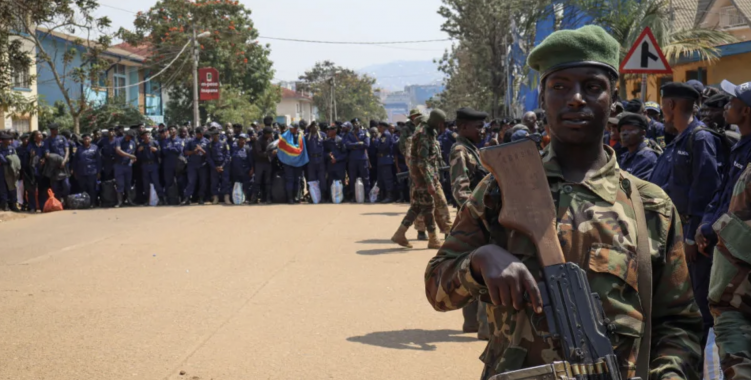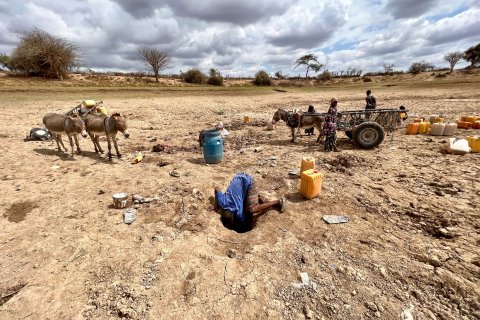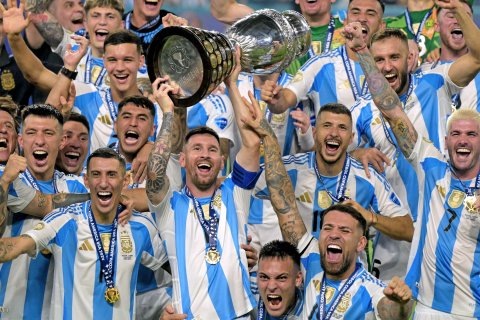Lawrence Kanyuka, head of communications for M23 (March 23 Movement) and the Congo River Alliance (AFC, in French), the entity to which the rebels are affiliated, announced the sending of the delegation in a post published on the social network X, in which he emphasizes that "they will take part in direct dialogue at the request of the Angolan authorities".
The talks will take place on Tuesday in Luanda, without details about the time and location or who will be part of the respective delegations having been released.
This is the first time that the Government of the Democratic Republic of the Congo (DRCongo) has agreed to negotiate directly with the M23.
The AFC/M23 also declares "deep gratitude" to Angolan President João Lourenço "for his tireless efforts" to find a peaceful solution to the current conflict in the DRCongo.
The Government of the DR Congo also confirmed its participation in the peace negotiations.
"We have received the invitation from the mediator [President João Lourenço] and we will listen to him. A Congolese delegation will travel to Luanda on Tuesday, at the initiative of the mediators," said Tina Salama, spokesperson for the President of the DR Congo, Félix Tshisekedi.
Salama confirmed his country's participation after João Lourenço called for a ceasefire between the parties starting Sunday to facilitate negotiations.
The M23 – which, according to the DR Congo and countries such as the US, Germany and France, is supported by Rwanda – controls the capitals of the provinces of North and South Kivu, which border Rwanda and are rich in minerals essential for the technology industry and the manufacture of cell phones.
The death toll from the conflict in and around North Kivu's capital Goma has surpassed 8500 since January, according to information provided by Congolese Public Health Minister Samuel Roger Kamba in late February.
In that province, the armed activity of the M23 – a group made up mainly of Tutsis, which suffered the Rwandan genocide in 1994 – resumed in November 2021 with lightning attacks against the Congolese army.
Since 1998, eastern DR Congo has been mired in conflict fueled by rebel militias and the army, despite the presence of the UN peacekeeping mission (Monusco).







